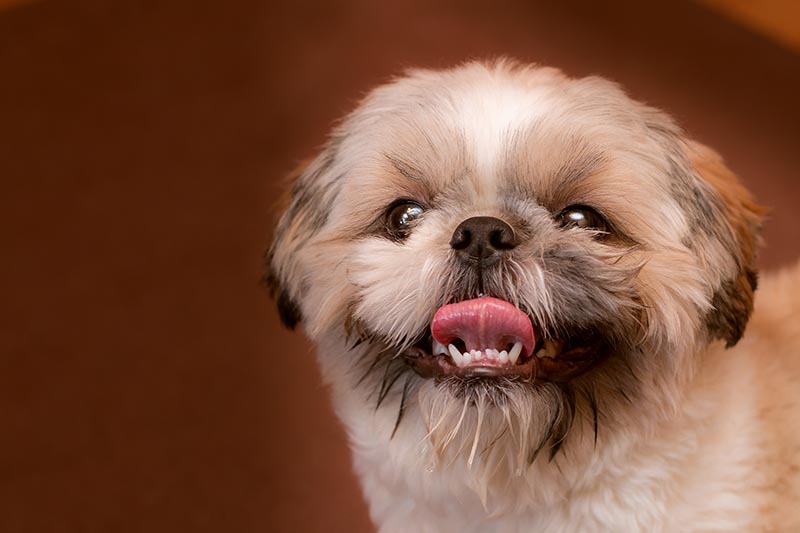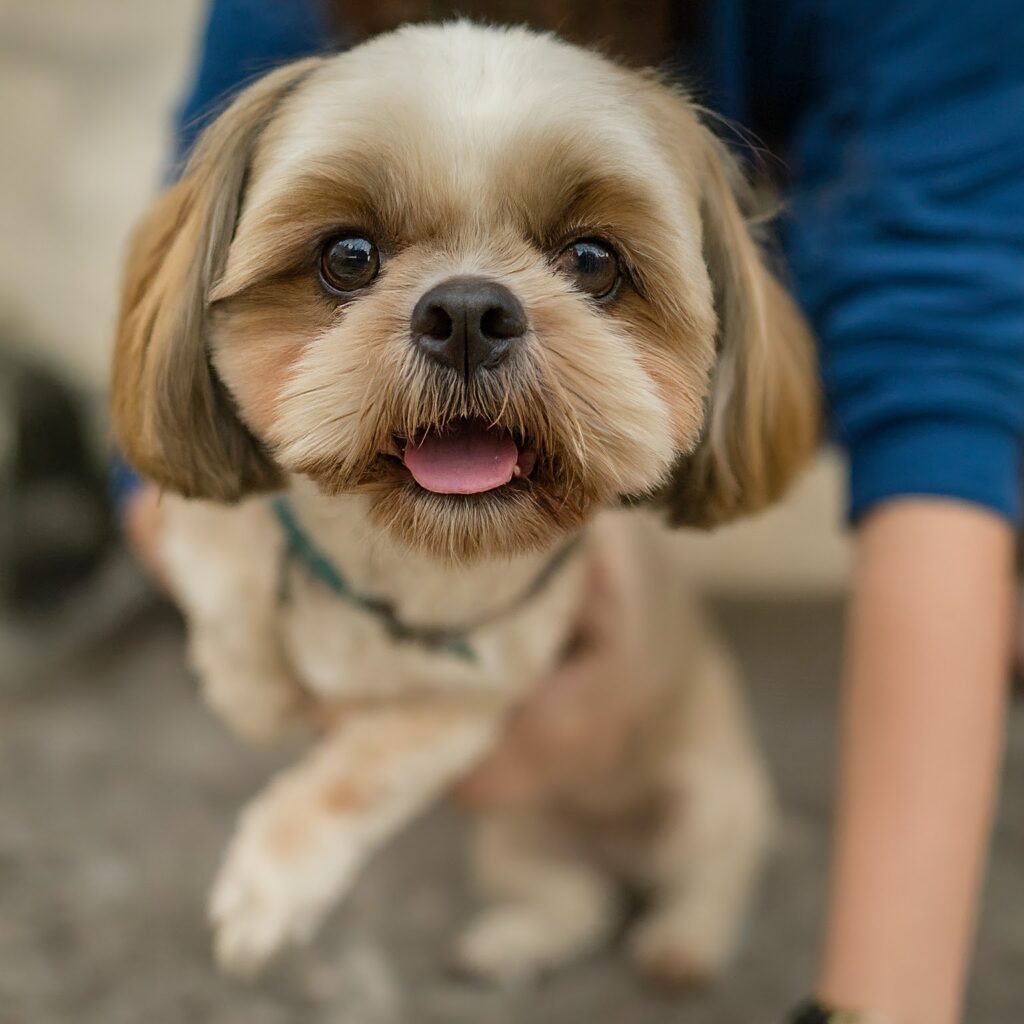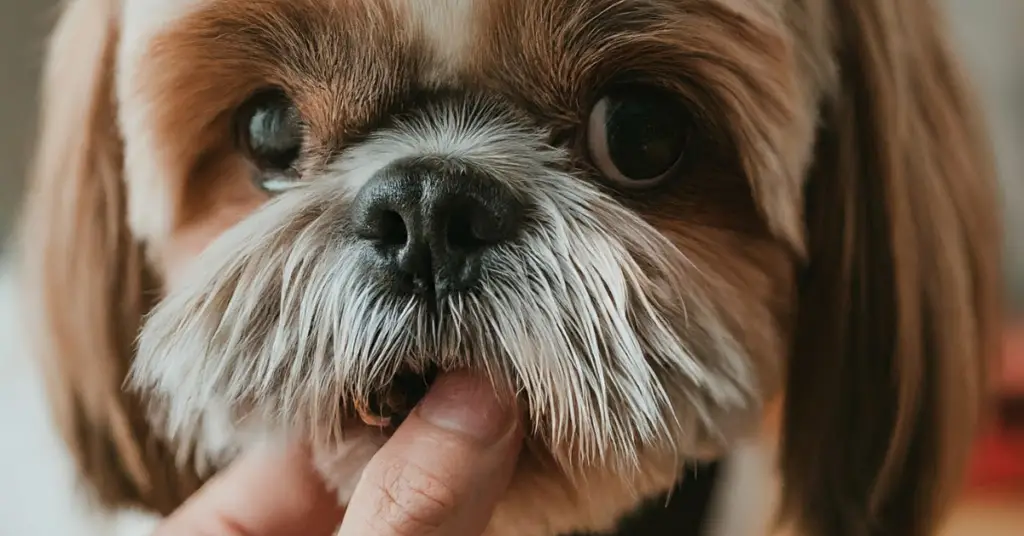
Maintaining good dental health is crucial for your Shih Tzu’s overall well-being. Dental problems can lead to pain, infections, and other serious health issues if left untreated. Knowing the warning signs can help you identify dental problems early and seek timely veterinary care. Here are eight warning signs to watch for in your Shih Tzu:
1. Bad Breath
Persistent bad breath, also known as halitosis, is often a sign of dental issues in dogs, including plaque buildup, gum disease, or infections. If your Shih Tzu’s breath consistently has a foul odor, it may indicate the need for a dental check-up.
2. Visible Tartar and Discoloration
Check your Shih Tzu’s teeth regularly for visible tartar buildup or discoloration. Yellow or brown spots on the teeth can indicate the presence of plaque and tartar, which can lead to dental decay and gum disease if not addressed promptly.
3. Red or Inflamed Gums

Healthy gums should be pink and firm. Red, swollen, or bleeding gums are signs of inflammation, gingivitis, or periodontal disease. These conditions can cause discomfort and affect your Shih Tzu’s overall health if left untreated.
4. Difficulty Eating or Chewing
If your Shih Tzu shows reluctance or discomfort while eating, chewing, or playing with chew toys, it could be due to dental pain or sensitivity. Changes in eating habits, such as dropping food or avoiding hard kibble, may also indicate dental issues.
5. Pawing at the Mouth
Excessive pawing at the mouth or rubbing the face against surfaces can be a sign of oral discomfort or pain in Shih Tzus. Your dog may be trying to alleviate pain caused by dental problems such as toothaches or gum inflammation.
6. Loose or Missing Teeth

Adult Shih Tzus should not lose teeth under normal circumstances. Loose teeth or missing teeth can indicate advanced dental disease, trauma, or other underlying health issues that require veterinary attention.
7. Drooling Excessively
While some drooling is normal, excessive drooling in Shih Tzus may indicate oral pain or discomfort. If you notice a sudden increase in drooling or if it persists beyond usual situations, it could be a symptom of dental problems.
8. Behavioral Changes

Dental pain can cause changes in your Shih Tzu’s behavior. They may become irritable, withdrawn, or reluctant to be touched around the mouth area. Behavioral changes such as aggression or depression can be indicative of underlying dental issues.
Conclusion
Monitoring your Shih Tzu’s dental health is essential for early detection and treatment of dental problems. By recognizing these eight warning signs—bad breath, visible tartar, red gums, difficulty eating, pawing at the mouth, loose teeth, excessive drooling, and behavioral changes—you can take proactive steps to maintain your dog’s oral health. Regular dental check-ups with your veterinarian, daily brushing, providing dental chews, and feeding a balanced diet all contribute to keeping your Shih Tzu’s teeth and gums healthy. Prompt veterinary care is crucial if you observe any of these warning signs, as early intervention can prevent dental issues from progressing and ensure your Shih Tzu remains happy and pain-free. Taking proactive measures to care for your Shih Tzu’s dental health enhances their quality of life and strengthens the bond between you and your beloved pet.


